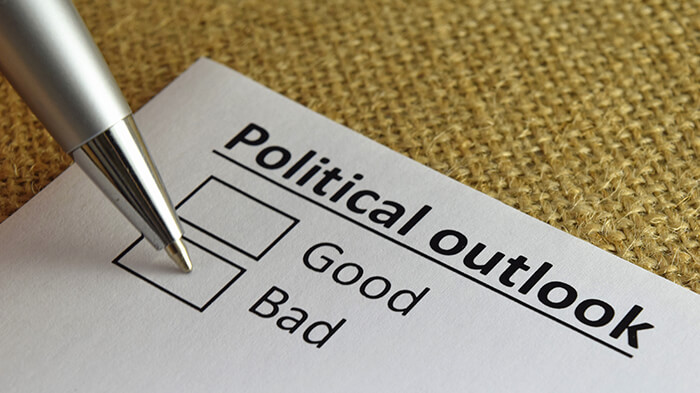It would not be hard to trace these days, in the settled dust beneath the feet of Rob Ford and Stephen Harper, a message with a profoundly dispiriting tone. The average Canadian would be right to feel downhearted right now, as she looks across the current political landscape and takes in the mountains of mistakes, the rivers of regret, the valleys of misdeed in which our elected officials have so splendidly lingered. Can anyone emerge from this scene feeling spiritually buoyant about what lies ahead?
The question of the world’s relationship with spirituality has been taken out of the box for contemplation lately, a reality that surprises no one given the tumult in which the world has so recently been plunged. Most notably, acclaimed marathon swimmer Diana Nyad stirred it up with Oprah Winfrey in a show that aired in mid-October when she claimed to be a spiritual person, but rejected Oprah’s subsequent characterization of her as believing in God.
Nyad’s swooning appreciation for the natural world, the talk-show guru argued, necessarily discloses a religious bent. Not so, said Nyad, giving voice to a growing opinion that spirituality and faith in a greater power need not be mutually exclusive.
“I can stand at the beach’s edge with the most devout Christian, Jew, Buddhist, go on down the line, and weep with the beauty of this universe and be moved by all of humanity,” Nyad told the host during the hour-long interview.
“All the billions of people who have lived before us, who have loved and hurt and suffered. So to me, my definition of God is humanity and is the love of humanity.”
“Well, I don’t call you an atheist then,” Oprah retorted. “I think if you believe in the awe and the wonder and the mystery, then that is what God is.”
Electronic debaters took up the cause from there, with no one ever quite reaching consensus.
There’s no shortage, it turns out, of self-identified atheists who consider themselves spiritual people. According to StatsCan, 24 percent of the Canadian population consider themselves non-religious. More than that, it’s a faction that appears to be on the uptick. New research suggests that atheists are the fastest-growing religious group in America. From 2007 to 2012, those Americans who identify themselves as atheists, agnostics and religiously unaffiliated individuals grew by 4.3 percent in the United States (while the percentage of Christians dropped by 5 percent during the same period).
The same survey, however, discovered that a full 14 percent of those folks who consider themselves atheists also believe in a God or universal spirit, and 26 percent call themselves spiritual people.
If we think of spirituality as existing along a continuum of regard for ideas and forces beyond our ken, it becomes apparent that an official application of an acknowledged belief system is critically moot.
If elected officials can lie and smoke crack and lie some more, then a population that cleaves to spiritual comfort — however loosely defined or apparently appropriate for inclusion in official consideration it might be — should be encouraged to do so with no further demands whatsoever.

